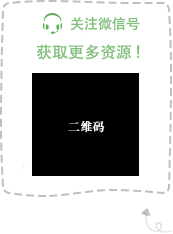if的用法总结
表条件时,意思是如果,主句用将来时,if从句用现在时表将来;表是否时,和whether相同用法,连接宾语从句;表虚拟时,意思是假如,用一般过去时表同现在事实相反的假设或表对将来的假想。if这个单词属于英语学科学习的知识,而英语已经发展了1400多年。英语的最早形式是由盎格鲁-撒克逊人移民于5世纪带到英国的一组西日耳曼语支(Ingvaeonic)方言,被统称为古英语。

1.(表示条件)如果 ,主句用将来时,if从句用现在时表示将来
He will come if you invite him.
如果你请他,他会来的.
2.(表示虚拟)假如,要是
时态:可以表示过去,现在和将来的情况.它的基本特点是时态退后.
a.同现在事实相反的假设.
句型 :条件从句 主句
一般过去时 should( would) +动词原形
If they were here,they would help you.
b.表示于过去事实相反的假设.
句型:条件从句 主句
过去完成时 should(would) have+ 过去分词
If she had worked harder,she would have succeeded.
The rice would not have been burnt if you had been more careful.
If my lawyer had been here last Saturday,he would have prevented me from going.
If he had come yesterday,I should / would have told him about it.
含义:He did not come yesterday,so I did not tell him about it.
本文出处:https://www.xxk520.com/xxk/31917.html

 微信扫一扫
微信扫一扫